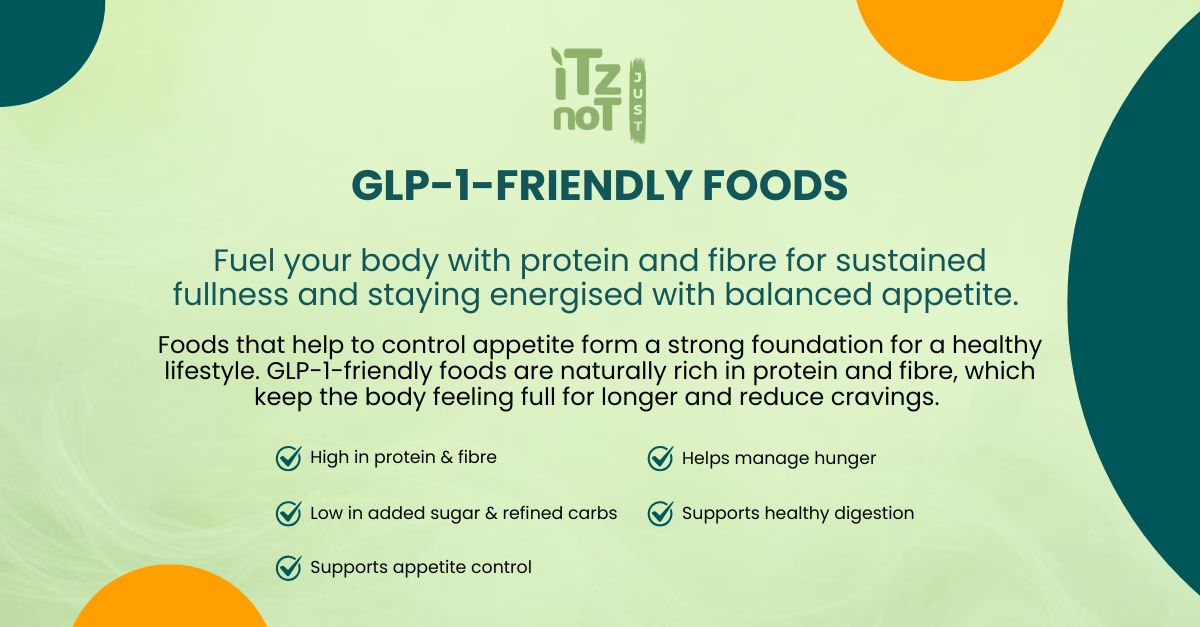
Debunking Common Nutrition Myths

Debunking Common Nutrition Myths
In today's world of readily available information (and misinformation!), it's easy to get lost in a sea of conflicting nutrition advice. We're bombarded with fad diets, miracle supplements, and "expert" opinions, making it hard to distinguish fact from fiction. This blog aims to debunk some common nutrition myths, providing you with evidence-based information to help you make informed choices about your health.
The Problem: Why are there so many nutrition myths?
Several factors contribute to the proliferation of nutrition myths. These include:
- Oversimplification of complex science: Nutrition is a complex field, and information is often simplified for mass consumption, leading to inaccuracies.
- Profit-driven motives: Many diets and supplements are marketed with exaggerated claims, prioritizing profit over scientific evidence.
- Trend-chasing: Fad diets often gain popularity quickly, even without solid research, only to fade away when the next trend emerges.
- Confirmation bias: People tend to seek out information that confirms their existing beliefs, even if those beliefs are incorrect.
Common Nutrition Myths Debunked:
Let's tackle some of the most prevalent nutrition myths:
1. Myth: Carbs are the enemy.
- The Truth: Not all carbs are created equal. Refined carbohydrates (white bread, sugary drinks) can contribute to weight gain and health problems. However, complex carbohydrates (whole grains, fruits, vegetables) are essential for energy, fiber, and overall health. Focus on the type of carbs you're consuming, not eliminating them entirely.
2. Myth: Fat makes you fat.
- The Truth: Similar to carbs, the type of fat matters. Saturated and trans fats can be detrimental to health, while unsaturated fats (found in avocados, nuts, and olive oil) are beneficial and necessary for various bodily functions. Healthy fats are crucial for hormone production, cell function, and nutrient absorption.
3. Myth: You need to cut out gluten unless you have celiac disease.
- The Truth: Gluten is a protein found in wheat, barley, and rye. Only people with celiac disease or gluten sensitivity need to avoid 1 it. For the general population, cutting out gluten offers no proven health benefits and may even lead to nutrient deficiencies. Unless medically necessary, there's no reason to eliminate gluten from your diet.
4. Myth: Juice cleanses are a healthy way to detox.
- The Truth: Juice cleanses are often low in fiber, protein, and other essential nutrients. Your body has its own detoxification system (liver and kidneys) that does a perfectly good job. Focus on a balanced diet rich in fruits, vegetables, and whole foods instead of relying on restrictive juice cleanses.
5. Myth: Eating frequently boosts your metabolism.
- The Truth: While eating does slightly elevate your metabolism, the overall effect on weight management is minimal. What you eat is far more important than how often you eat. Focus on the quality and quantity of your food intake, not just meal frequency.
6. Myth: Supplements are a quick fix for nutritional deficiencies.
- The Truth: Supplements should not replace a healthy diet. While some supplements may be necessary in specific situations, it's always best to obtain nutrients from whole foods. Consult with a healthcare professional before taking any supplements, as some can have adverse effects.
Conclusion:
Navigating the world of nutrition can be challenging, but by understanding the common myths and focusing on evidence-based information, you can make informed choices that support your health and well-being. Remember to prioritize a balanced diet rich in whole foods, and consult with a healthcare professional or registered dietitian for personalized advice. Don't fall for quick fixes or fad diets – sustainable lifestyle changes are the key to long-term health.























































